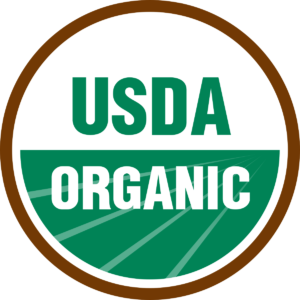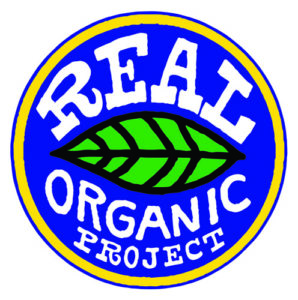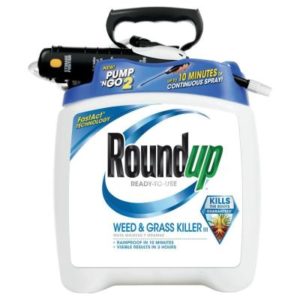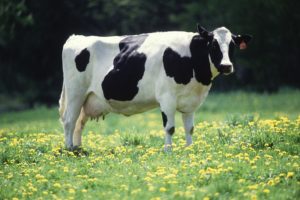 Organic food sales in the USA are up, up, up - yet it turns out that organic farmland in the United States is shrinking. The decrease in organic acreage is approximately 1.5 million acres from 2021 to 2023. Yet, in 2024, organic sales were more than $71 billion dollars. What is going on?
Organic food sales in the USA are up, up, up - yet it turns out that organic farmland in the United States is shrinking. The decrease in organic acreage is approximately 1.5 million acres from 2021 to 2023. Yet, in 2024, organic sales were more than $71 billion dollars. What is going on?
Unfortunately, a big reason is because the United States is being flooded with cheap foreign imports, which may or may not be real organic foods. It turns out that organic standards are not the same for United States organic farms and foreign organic foods.
"...industry observers contend that a significant number of organic farmers who follow the letter and spirit of the law have been forced out of business because competing on an uneven playing field is not financially viable."
Forging of documents, no farm inspections necessary - it's basically "take our word for it being organic". Hah! This has been documented over and over, yet nothing has been done to correct the fraud. The group Organic Eye is an organic industry watchdog documenting the organic certification abuses.
 An excellent group to support is the Real Organic Project - local farmers who are following the letter and spirit of organic certification. In other words, they are practicing organic as it's meant to be.
An excellent group to support is the Real Organic Project - local farmers who are following the letter and spirit of organic certification. In other words, they are practicing organic as it's meant to be.
Another group that scores organic foods (e.g., organic dairy and organic eggs) and whether they are real organic or not is Cornucopia Institute. A fantastic resource when trying to decide what eggs or dairy foods to buy at the grocery store (ranking of 5 is best to 1 is poor/basically no documentation that it's actually organic).
From Organic Insider: The Quiet Decline of U.S. Organic Acreage — and What It Will Take to Reverse It
For decades, organic has been surging in popularity among consumers, with the sector growing 5.2% in 2024 and topping more than $71 billion in sales. ...continue reading "Organic Farmland Is Shrinking in the US"

 Most people don't realize how quickly many pesticide levels decrease in our bodies after switching to eating organic foods. Studies find significantly lower levels in a few weeks for many
Most people don't realize how quickly many pesticide levels decrease in our bodies after switching to eating organic foods. Studies find significantly lower levels in a few weeks for many  Did you know that over 90% of all Americans have pesticide residues in their bodies? How do we know this? From studies and from the
Did you know that over 90% of all Americans have pesticide residues in their bodies? How do we know this? From studies and from the  Something a little different today. For years I've posted studies showing that
Something a little different today. For years I've posted studies showing that